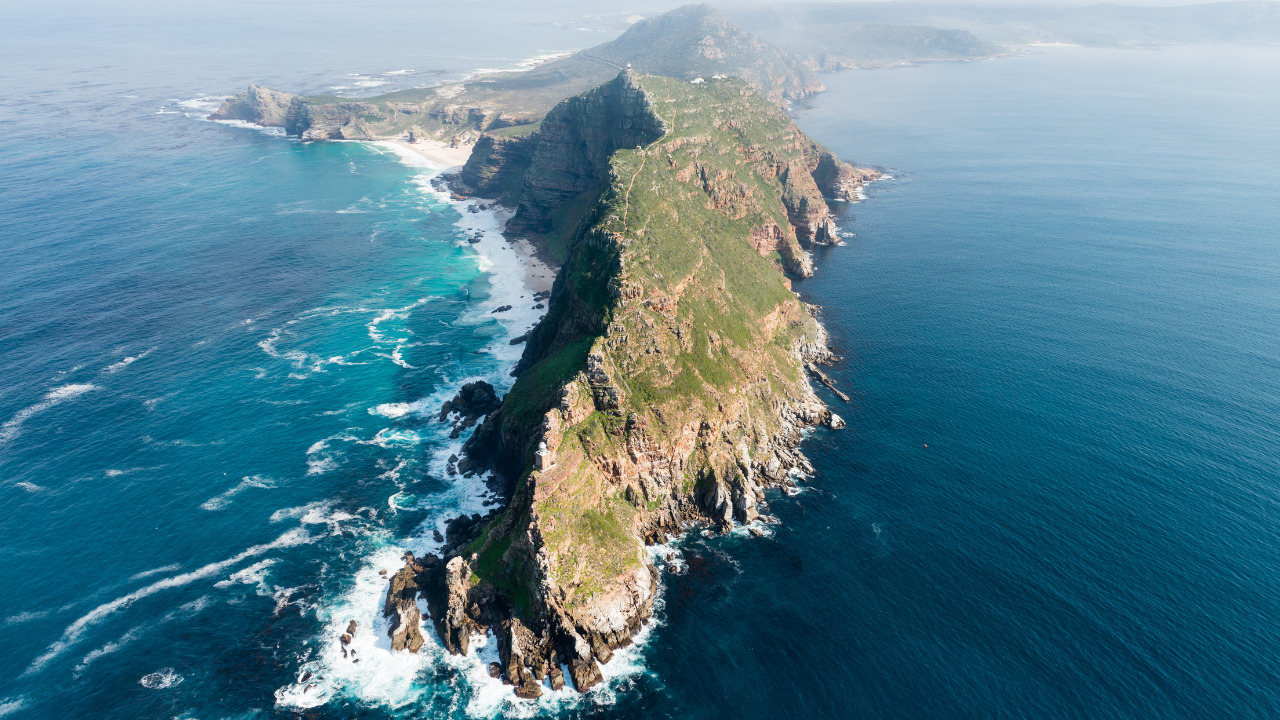Americas: Colombia’s government, five armed groups agree to six-month bilateral ceasefire
Sectors: all
Key Risks: terrorism; insurgency; targeted attacks; violent clashes; violent crime; kidnapping
In Colombia, on 31 December President Gustavo Petro’s government announced a bilateral ceasefire effective from 1 January until 30 June with five armed groups to support official peace talks between the government and the leftist National Liberation Army (ELN) guerrilla group. The ELN, two dissident former FARC rebel groups – Segunda Marquetalia and Estado Mayor Central – the Gulf Clan and the Self-Defense Forces of the Sierra Nevada armed groups agreed to the ceasefire. The government stated that the agreement would be monitored by the UN, the country’s human rights Ombudsman and the Catholic Church and that it would issue a specific decree for each group determining the duration and conditions of the deal, which could be extended. The risk of attacks will remain high despite the agreements, which if respected would represent a significant step towards Petro’s goal of ‘total peace’.
Asia Pacific: Indonesian government issues regulation to replace controversial jobs law
Sectors: all
Key Risks: policy continuity; economic risks; business risks
In Indonesia, on 30 December President Joko Widodo issued a government regulation in lieu of law to replace his flagship 2020 Omnibus Law on Job Creation, citing the urgency to provide legal certainty for businesses and investors amid worsening global economic conditions. In November 2021 the Constitutional Court had ruled that the Omnibus Law was “conditionally unconstitutional” due to a lack of meaningful public consultation, giving the government and lawmakers two years to amend it. The Law aimed to reduce Indonesia’s notorious red tape and streamline business regulations. While its latest iteration ensured a degree of legal certainty and policy continuity, critics have slammed the government’s decision to bypass parliamentary scrutiny and debate, unconvinced that it justified an emergency regulation. The announcement risks inciting further protests by trade unions and student organisations who remain staunchly opposed to the bill.
Eurasia: Ukraine’s Defence Ministry warns Russia and Belarus will introduce martial law
Sectors: all
Key risks: war on land
In Ukraine, on 30 December Defence Minister Olekseii Reznikov published a video warning Russian and Belarusian citizens that their governments planned to introduce martial law and close their borders for military-age men “in early January”. He also warned that Russia planned to renew its mobilisation efforts and target residents of major cities who were comparatively less likely to be drafted in the previous wave of partial mobilisation in autumn 2022. On the same day Chief of Ukraine’s Military Intelligence Directorate (GUR) Kyrylo Budanov stated that Russia’s new wave of mobilisation might start as early as 5 January. Russian authorities have previously denied that they would launch a new wave. However, President Vladimir Putin has not signed a decree officially concluding the draft. Further Russian efforts to increase the size of the armed forces cannot be ruled out.
Europe: Parliament in Montenegro approves Prime Minister-designate in controversial vote
Sectors: all
Key Risks: political instability
In Montenegro, on 29 December Parliament chose Miodrag Lekic as Prime Minister-designate in a controversial vote that EU officials described as being in conflict with the country’s constitution. The vote saw the parliamentary majority led by the pro-Russian Democratic Front take over constitutional powers from President Milo Djukanovic – who would normally nominate the Prime Minister-designate as required by the constitution – based on controversial amendments to the law on presidential powers adopted in early December. The opposition did not attend the controversial session. Lekic – who opposed Montenegro’s accession to NATO in 2017 – stated that he aimed to form the government by 20 January. The move underscores the heightened risk of political instability amid persistent political deadlock ongoing since August 2022. The risk of civil unrest will also remain heightened in the coming weeks.
MENA: Regional powers to decide the fate of Syria
Sectors: all
Key Risks: war; internal conflict; political violence
On 28 December Russian, Syrian and Turkish Defence Ministers held a meeting for the first time since the start of the Syrian civil war in 2011 to discuss recent developments in Syria. Turkish and Syrian Foreign Ministers are set to soon follow suit, further signalling a diplomatic thaw between Ankara and Damascus. Since 2011 Moscow has supported President Bashar al-Assad’s regime while Ankara has backed rebel groups against it and has recently threatened to invade the Syrian provinces bordering Turkey to counter the perceived threat of Syria-based Kurdish militant groups. With the risk of indirect confrontation looming, all three parties look willing to go the diplomatic route. Although details of a potential agreement are unknown, it could conceivably entail coordinating efforts to combat militant groups and it could well determine the future stability of Syria and the broader region.
Sub-Saharan Africa: Tensions on the rise as Mali sentences Ivorian soldiers
Sectors: all
Key Risks: sanctions; political stability
In Mali, on 30 December 46 Ivorian soldiers were sentenced to 20 years in prison after a court found them guilty of conspiring to undermine Bamako’s state security and plotting to overthrow the government. Three other defendants, all women released in September 2022, were found guilty in absentia. The arrest of the 49 soldiers in Bamako’s airport in July 2022 sparked a diplomatic row with Yamoussoukro, with Malian authorities accusing them of being mercenaries. Yamoussoukro had sent the soldiers to provide back-up for a German contingent of the UN peacekeeping mission in Mali. The soldiers’ sentencing came after regional bloc ECOWAS threatened to impose sanctions on Mali if the soldiers were not released by 1 January. Tensions between Bamako and Yamoussoukro will remain high and it remains to be seen if ECOWAS will impose sanctions.

